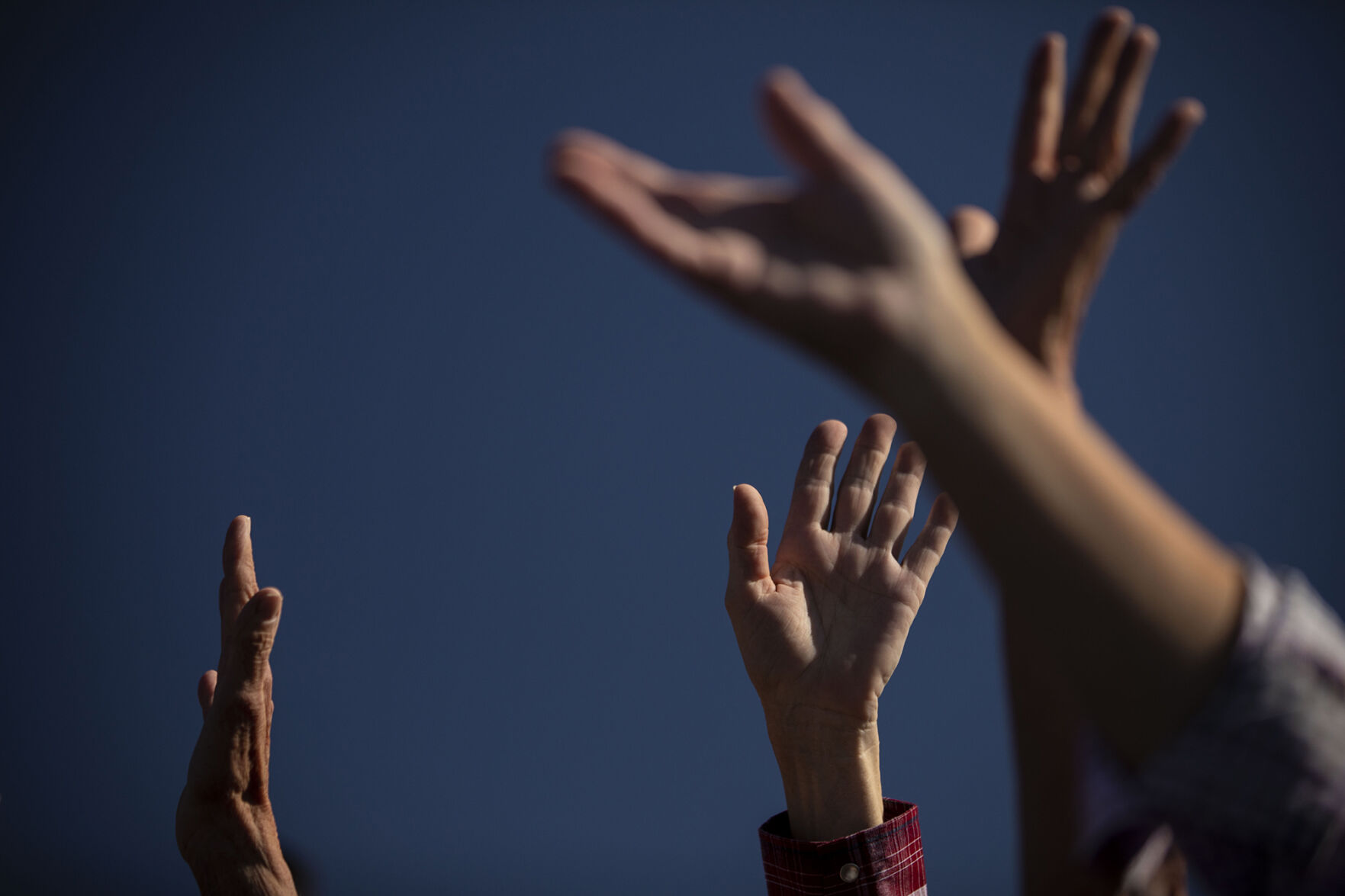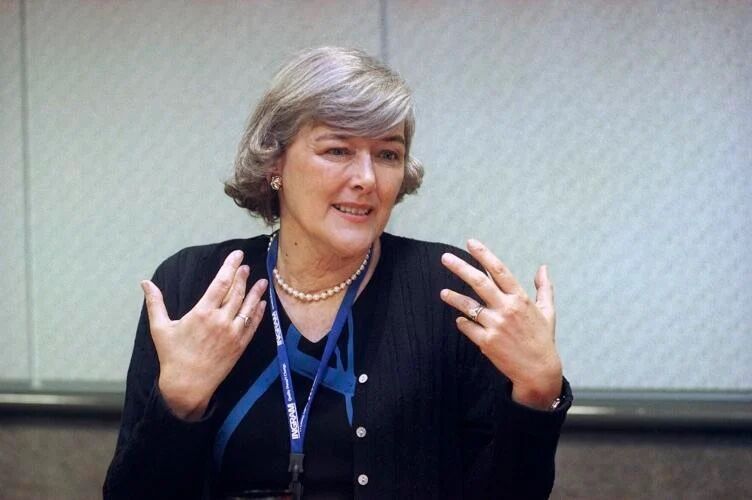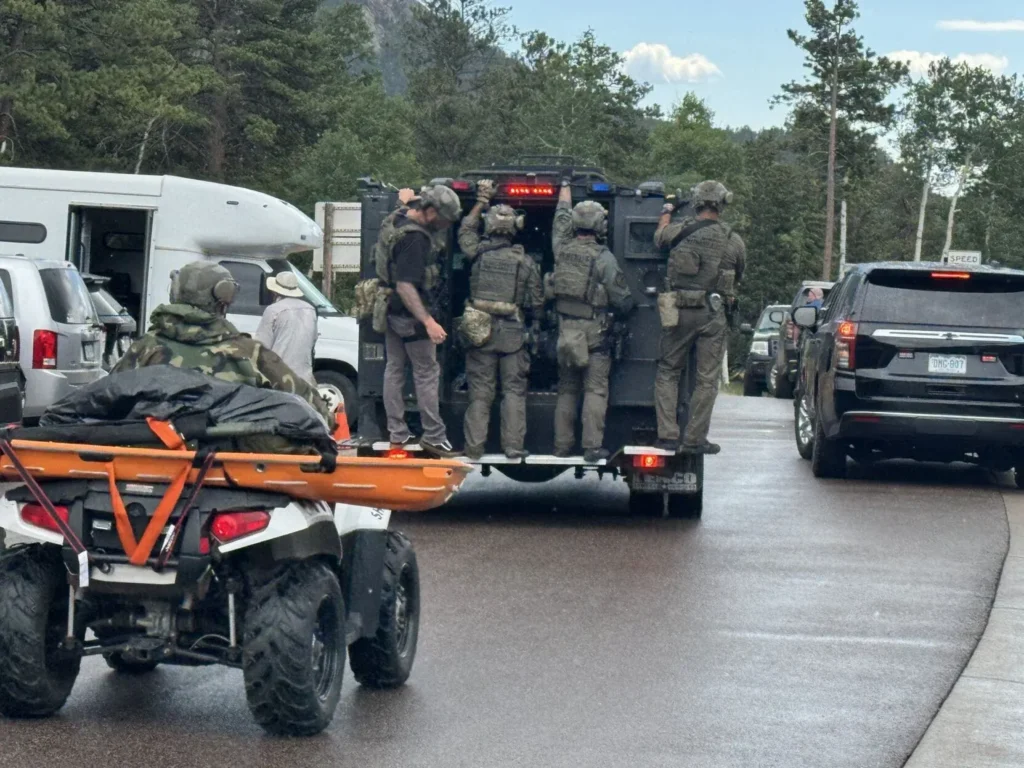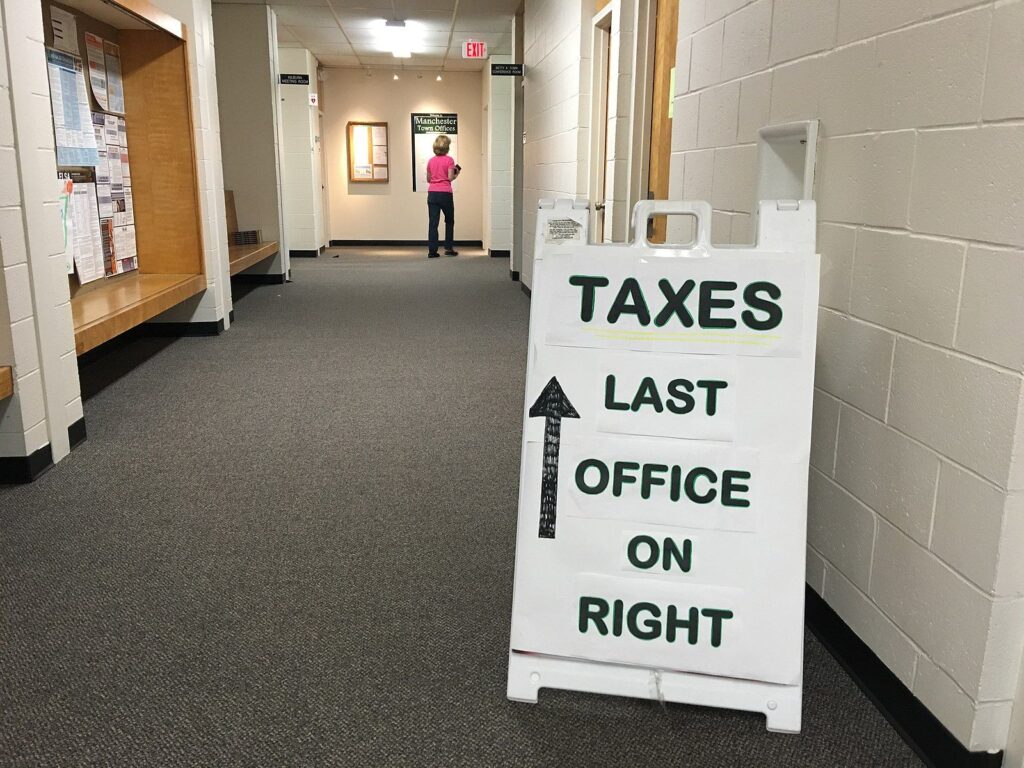Colorado lawmakers are considerably more religious than their constituents | WHAT YOU NEED TO KNOW

Today is June 6, 2023, and here’s what you need to know:
Colorado lawmakers open every morning of the legislative session with a group prayer on the chamber floor, recognizing their religious beliefs and often asking for guidance from their respective God before beginning policy work.
But a growing number of legislators spend this designated prayer time waiting in the hall.
Of Colorado’s 100 state lawmakers, 24 identify as nonreligious, including atheists, agnostics, humanists and more. That’s according to a first-of-its-kind survey by Colorado Politics, featuring 73 direct responses from lawmakers, as well as public identifications from campaign websites, religious caucuses and legislative debates.
When looking at population and affiliation, the data shows legislators in Colorado’s General Assembly are considerably more religious than the constituents they represent.
More than 1 in 3 Coloradans, 34%, are religiously unaffiliated, according to a 2022 audit by the Public Religion Research Institute. This roughly aligns with the most recent data from Gallup, which found that 38% of people in the Rockies region were not religious in 2017, and Pew Research Center, which found that 29% of Coloradans were not religious in 2014.
The disparity between Coloradans and their legislators is the most stark for the nonreligious, with a difference of minus 10 percentage points. Colorado’s Christian, Jewish and Muslim populations are all proportionately represented or overrepresented among lawmakers.
Colorado’s seven Supreme Court justices have largely complied with state laws requiring them to annually disclose their financial holdings and that of their spouses and family.
But a Denver Gazette review of those filings going back several years – financial disclosures, honoraria and gifts they received, and any outside employment they have – found a few areas that either bare a flaw in the reporting system or expose areas where some say the justices could have done better in their transparency.
They include at least one missing annual filing with the Colorado secretary of state’s office, not regularly identifying the name of a spouse – seen by many as likely the strongest possible conflict of interest – and taking part in cases in which they had a tangential connection with one of the parties, the review found.
The judges interviewed by The Gazette each waved off any concerns, saying it’s either a system malfunction or simply insignificant.
The Gazette’s analysis comes on the heels of demands for reform to financial disclosures made by the justices of the U.S. Supreme Court. At least two federal justices were found not to have disclosed gifts or trips they had taken that were paid for by others, according to news reports.
All of Colorado’s justices are up-to-date with their financial disclosures for the past several years, The Gazette review found, but one of them – Chief Justice Brian Boatright – does not have one on file for 2014.
Colorado’s economy continues to grow, albeit slowly, and continues to “avert recession.”
That’s according to the latest ColoradoCast Q2 economic forecast report from the Colorado Futures Center at Colorado State University.
“In the months of March and April, the actual economic growth exceeded the ColoradoCast and the forecast for the subsequent months is for largely positive, albeit weak, growth in the state’s economy,” according to the report released Thursday.
The ColoradoCast is a short-term predictor, looking about six months ahead, analyzing measures like the yield curve, housing prices measured by Case-Shiller, “risk spread between high quality corporate and ten year treasury returns,” unemployment claims and others.
“Our model suggests that the economy in Colorado will continue to grow into the fourth quarter at very modest rates,” Phyllis Resnick, executive director and lead economist, told the Denver Gazette.
The Advance Colorado Broadband grant program began taking applications on June 20 for shares of $162 million in funding available for broadband infrastructure projects in Colorado’s communities underserved by high-speed internet.
Money comes from the federal Capital Projects Fund, created as part of COVID-19 rescue funding.
“The pandemic highlighted a significant gap in internet access Colorado, as well as the country. Students were meeting in parking lots to go to school, many residents lost work, businesses suffered and thousands lost access to critical healthcare because they did not have internet,” said Brandy Reitter, the Colorado Broadband Office’s executive director.
The funding is designated for areas where most of Colorado’s population unserved by high-speed internet lives. The Colorado Broadband Office will accept applications through Aug. 21. Municipalities, counties, special districts, tribes, co-operatives, internet service providers and entities made up of public-private partnerships can apply.
The Supreme Court is getting ready to decide some of its biggest cases of the term. The high court has 10 opinions left to release over the next week before the justices begin their summer break. As is typical, the last opinions to be released cover some of the most contentious issues the court has wrestled with this term including affirmative action, student loans and gay rights.
Here’s a look at some of the cases the court has left to decide from the term that began back in October.













